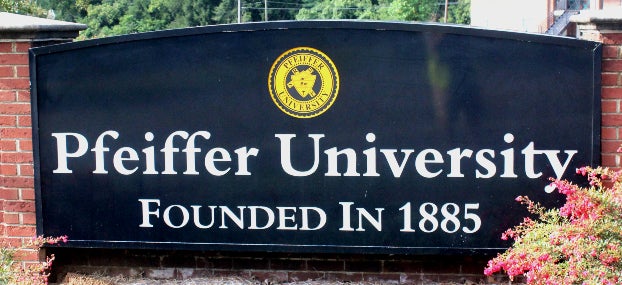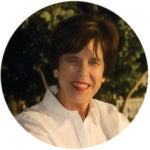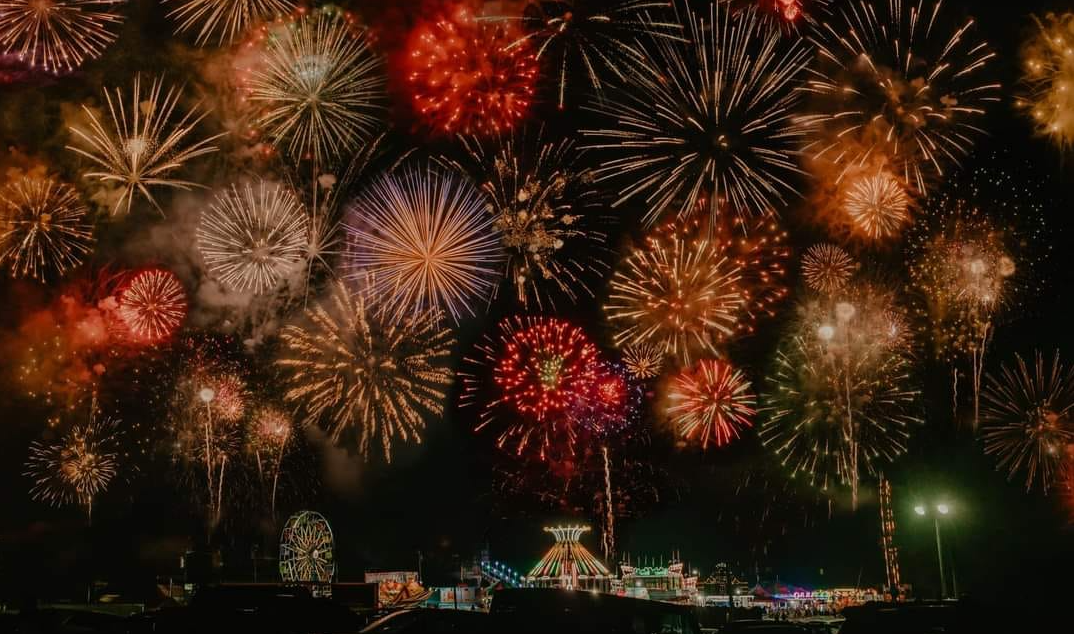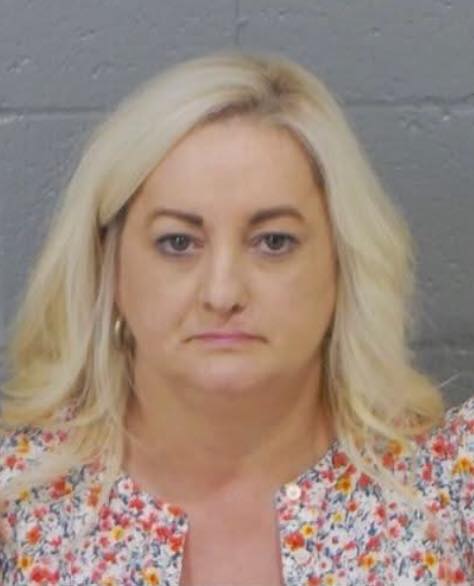Campus leader, turned special agent, wins Pfeiffer University Distinguished Alumni Award
Published 4:08 pm Thursday, October 10, 2024

- Misenheimer, North Carolina
|
Getting your Trinity Audio player ready...
|
By Ken Keuffel, Pfeiffer University
In 1976, Kathy Kennedy (Class of 1974), the recipient of this year’s Pfeiffer University Distinguished Alumni Award, took the FBI Special Agent entrance exam. She never learned how she fared because shortly thereafter, the U.S. government imposed a hiring freeze. So, she pursued employment elsewhere and fell off the FBI’s radar.
Or so she thought.

Kathy Kennedy
About seven years later, she received a coveted phone call from the agency, which hires between 500 and 750 Special Agents each year, drawing from an annual pool of 10,000 applications. Was she still interested in becoming a Special Agent? If so, would she come in for an interview?
“I was completely surprised,” said Kennedy, who would serve the FBI over a 23-year period (1983-2006). “My initial response was not an enthusiastic one.”
Kennedy, who holds a B.A. degree in psychology from Pfeiffer, was reluctant to abandon a bright future at Xerox Corporation, then her employer, where she had become a manager and liked her coworkers. After some reflection, though, she began to warm again to the prospect of doing investigative work and related duties for the FBI.
There were several reasons for her renewed interest. She wanted to follow in the footsteps of James Kennedy, her late father, who served for 25 years as a lieutenant homicide detective in the Metropolitan Police Department of Washington, D.C. Doing so would honor the confidence he had shown in her before he died in 1978.
“I believe my father inherently knew I possessed many skills important in the agent position,” Kennedy said. “He seemed to know what the Bureau was looking for and always encouraged me to give it a try. He never doubted my abilities.”
Just as her father had predicted, Kennedy soon found she was a good fit for FBI investigative work because she “was physically fit and athletically coordinated, good in handling weapons, and could conduct detailed interviews,” among other attributes.
She was up to the demands of the job, which included conducting arrests, working undercover, developing marksmanship skills and managing dangerous situations.
In 1983, when Kennedy became a Special Agent, she was just one of 600 women to hold that position. (There are 2,600 female agents today.)
“So, for new female agents back then, you had to demonstrate your commitment to working hard to learn the job and do it well,” Kennedy said. “We learned success is an equalizer.”
Kennedy would find success in several areas at the FBI, which stationed her in offices from San Antonio to Washington, D.C. Some of her career highlights include being tasked in 1987 with determining the CIA’s role in the FBI’s Iran-Contra investigation. In 2001, she became directly involved in responding to the 9/11 attack on the Pentagon and assisted in investigative efforts in determining the identity of the hijackers of Flight 77.
In 2003, Kennedy’s FBI career culminated in her promotion to Assistant Special Agent in Charge, Criminal Division, Washington Field Office — a title she likened to a “police officer who also happens to be the Chief of the Police Department.”
Investigative work, particularly as it related to corruption, became Kennedy’s passion.
“Remember, for most crimes committed, there is a victim,” she said, adding that while victims can be an entity they are often individuals.
Individual victims of corruption “can become targets of financial fraud,” she said. “They can become victims to those who would do them harm through their greed. I had compassion for these individuals, and they are the reason that throughout my career, I never forgot why I became an agent.”
Kennedy, whose post-FBI work would include stints at Xerox and as a consultant, speaks with pride about her many successes. But she was once less than confident about her prospects for any career, particularly during her years at West Springfield High School in Springfield, Virginia, a suburb of Washington, D.C.
“I just didn’t seem to be dialed in to my classes or what my longer-term plans were post-graduation,” she said. “Increasingly, I doubted myself, and knew there were so many smarter students. I continued to be unfocused. In essence, I needed to build up my self-esteem.”
Kennedy’s experience at Pfeiffer College would help her do that — and then some. Joseph Barnes, a Pfeiffer Sports Hall of Fame pitcher and 1966 graduate, taught science at West Springfield when Kennedy was a student there. He recommended that she apply to the college because he felt its small size would enable her to thrive.
He was right. Kennedy excelled in the classroom, making the dean’s list in 1972 and 1973. She also became involved in student government as a class president and class treasurer, served on several committees, and worked as a resident director. She was admitted into the Who’s Who in American Colleges and Universities and into Pfeiffer’s Order of the Sundial, a university honor society that recognizes students for their leadership and scholarship.
Pfeiffer “gave me the opportunity to take on challenges I had never taken on before, and thus, change the narrative I had created about my ability to be successful in the workforce,” Kennedy said.
Several alumni of Pfeiffer College endorsed Kennedy’s nomination for the Distinguished Alumni Award, including Della Daniels Raines (1974), Bob Brietz (1965) and The Rev. Joy T. Melton, J.D. (1974), the recipient of this year’s Outstanding Alumni Award. She has served on the university’s Board of Trustees with all three.
Melton says that Kennedy “embodies the spirit of leadership that Pfeiffer stands for.”
“Her work, in every setting, has distinguished this university in every way,” she added. “And it has burnished our reputation as a university that produces highly qualified and courageous citizens who are capable of leading our communities and our nation in the good times and also in times of crisis.”





